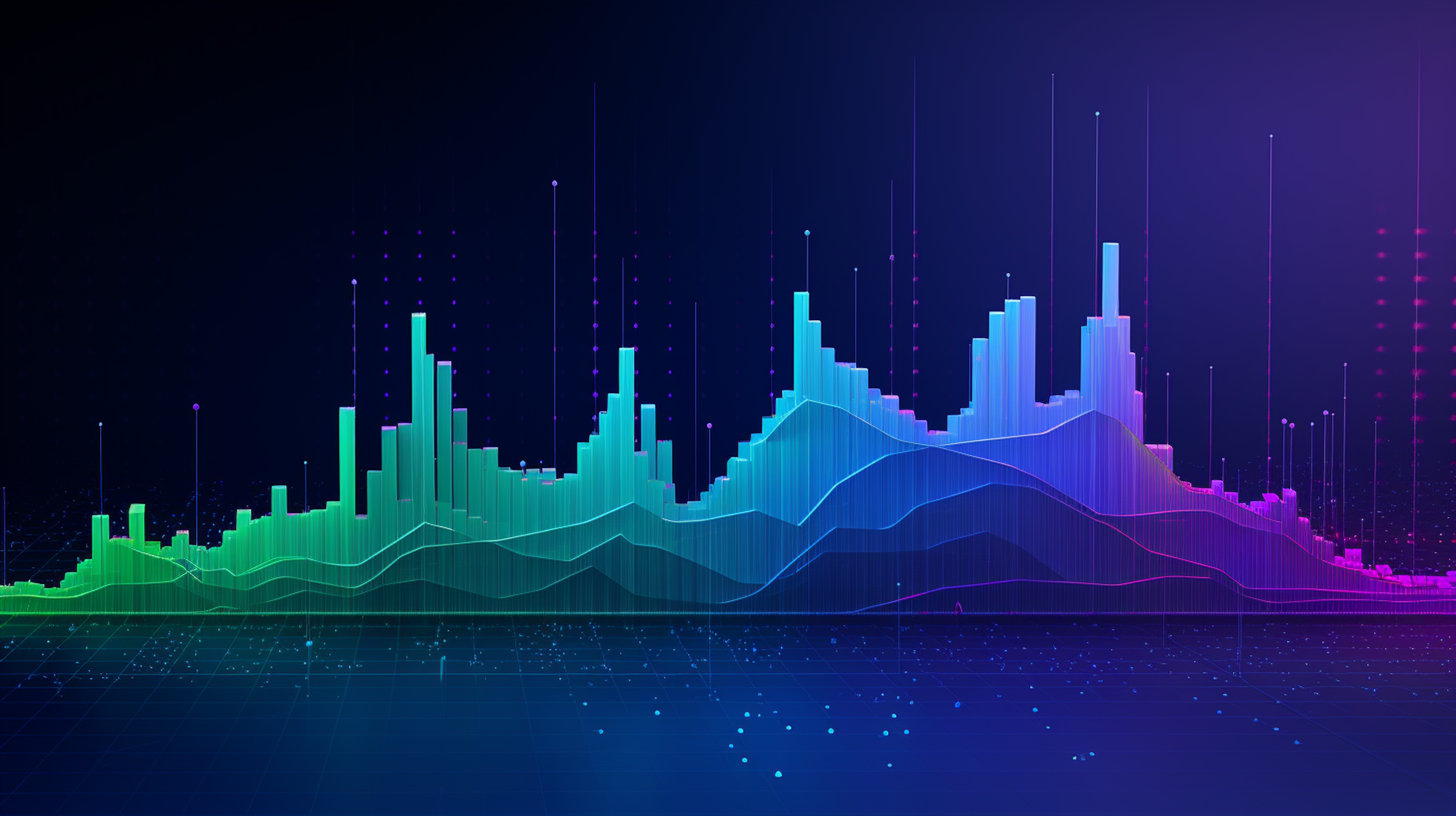
Data Analyst
(1184)
3 months
, Intermediate

(1184)
3 months
, Intermediate
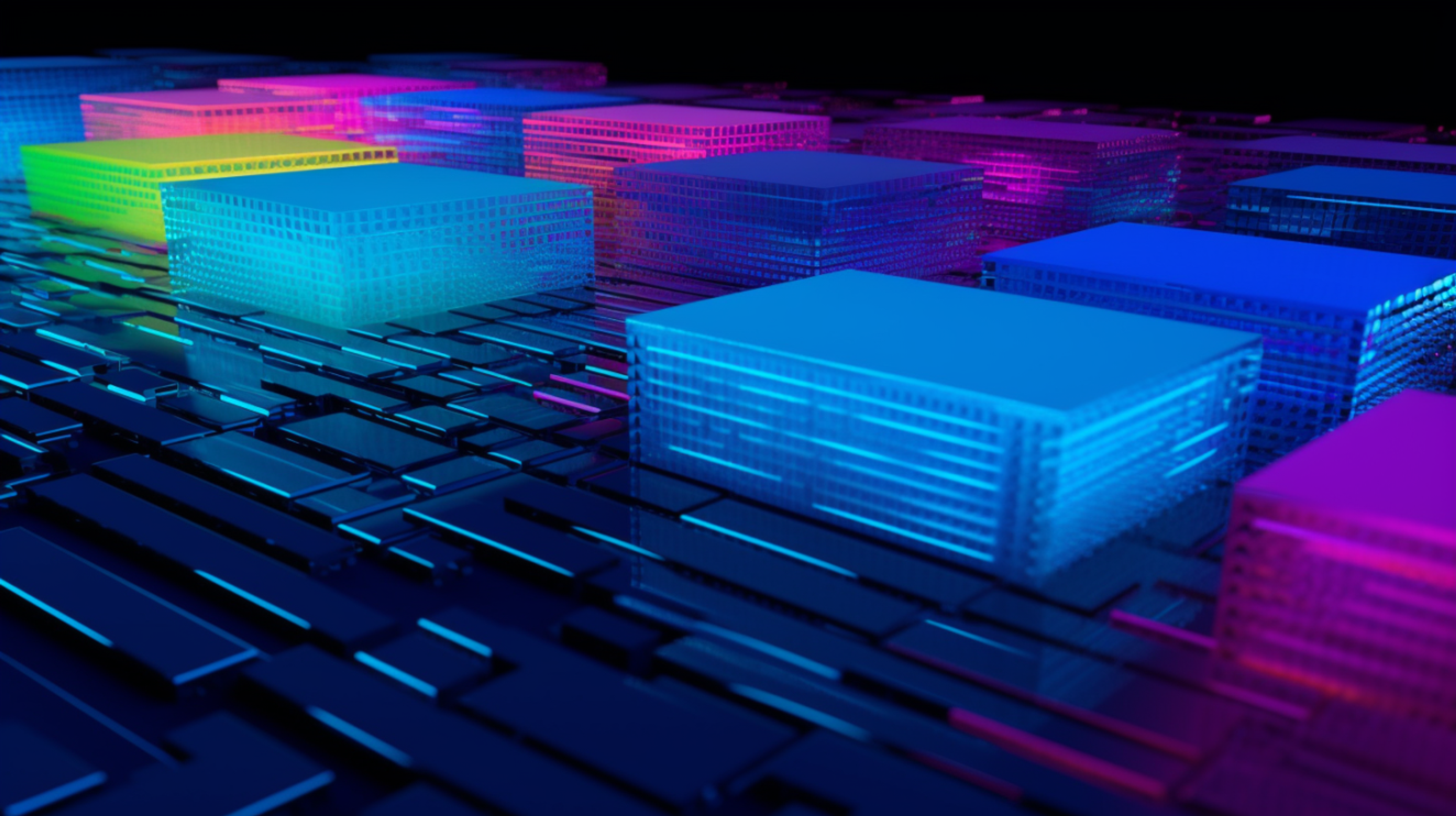
(1309)
4 months
, Beginner
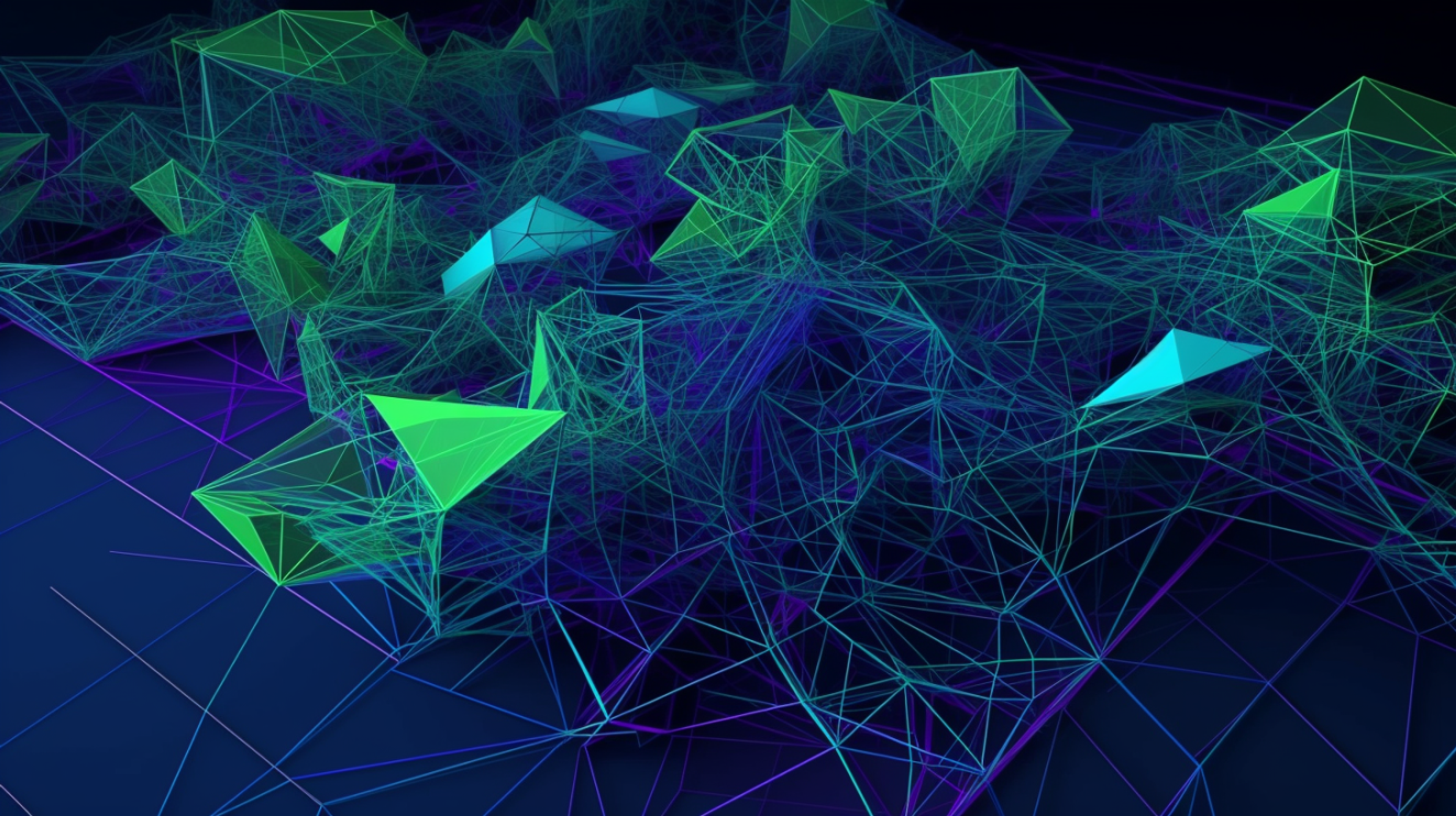
(909)
4 months
, Intermediate
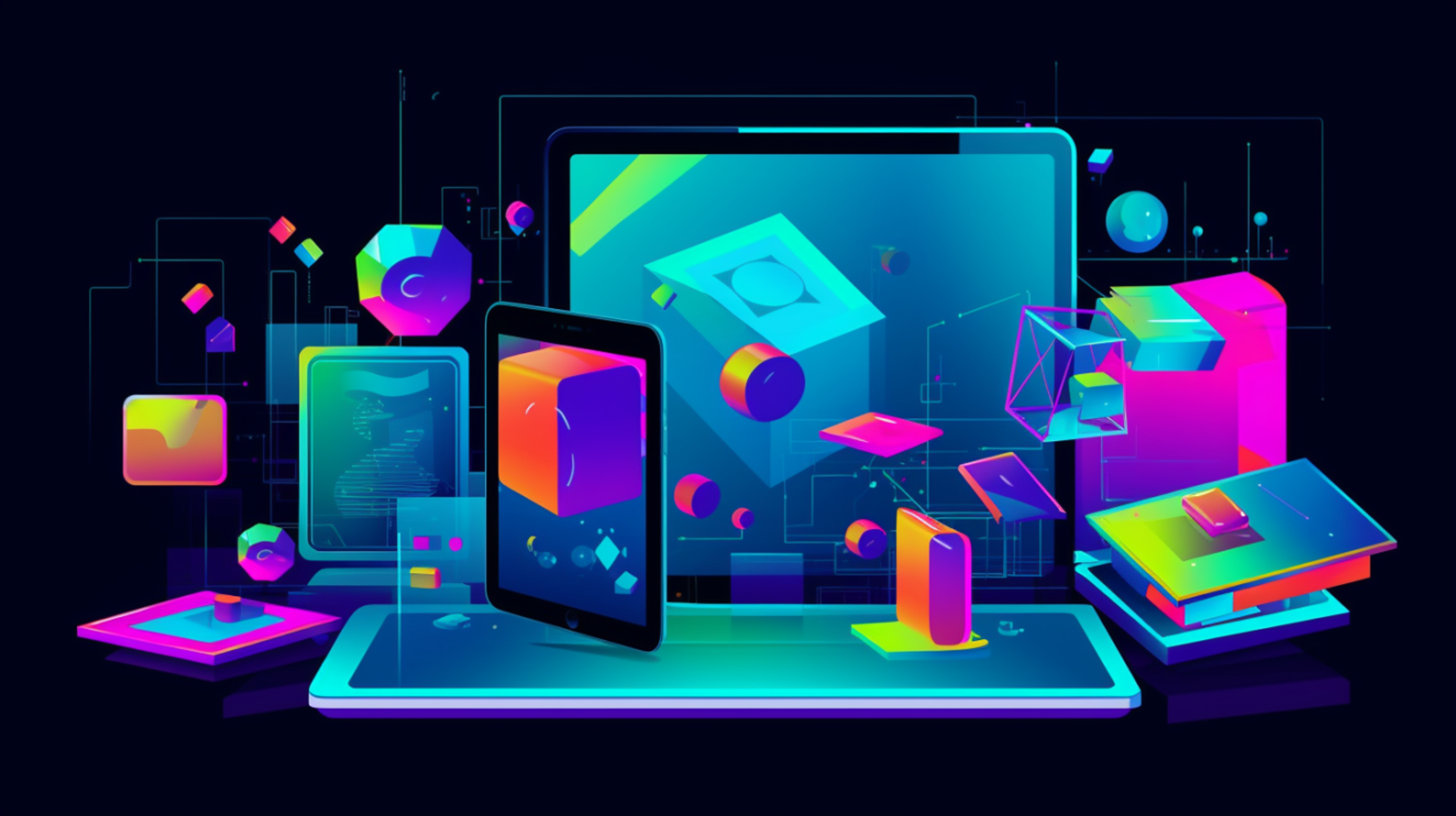
(957)
6 months
, Beginner

(592)
2 months
, Beginner

(1132)
4 months
, Intermediate

(1194)
2 months
, Beginner

(225)
5 months
, Intermediate
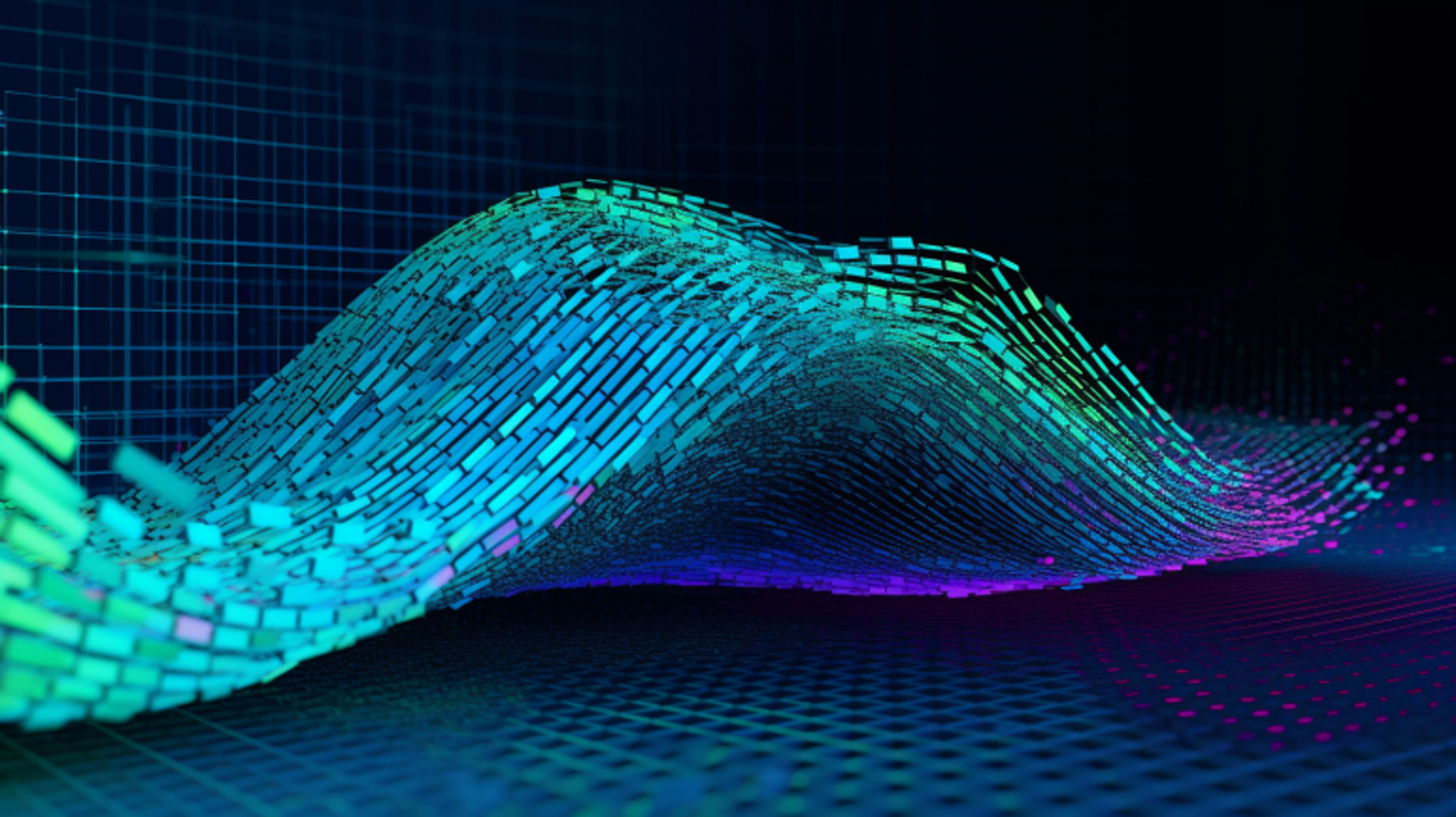
(807)
2 months
, Beginner

(781)
4 months
, Advanced
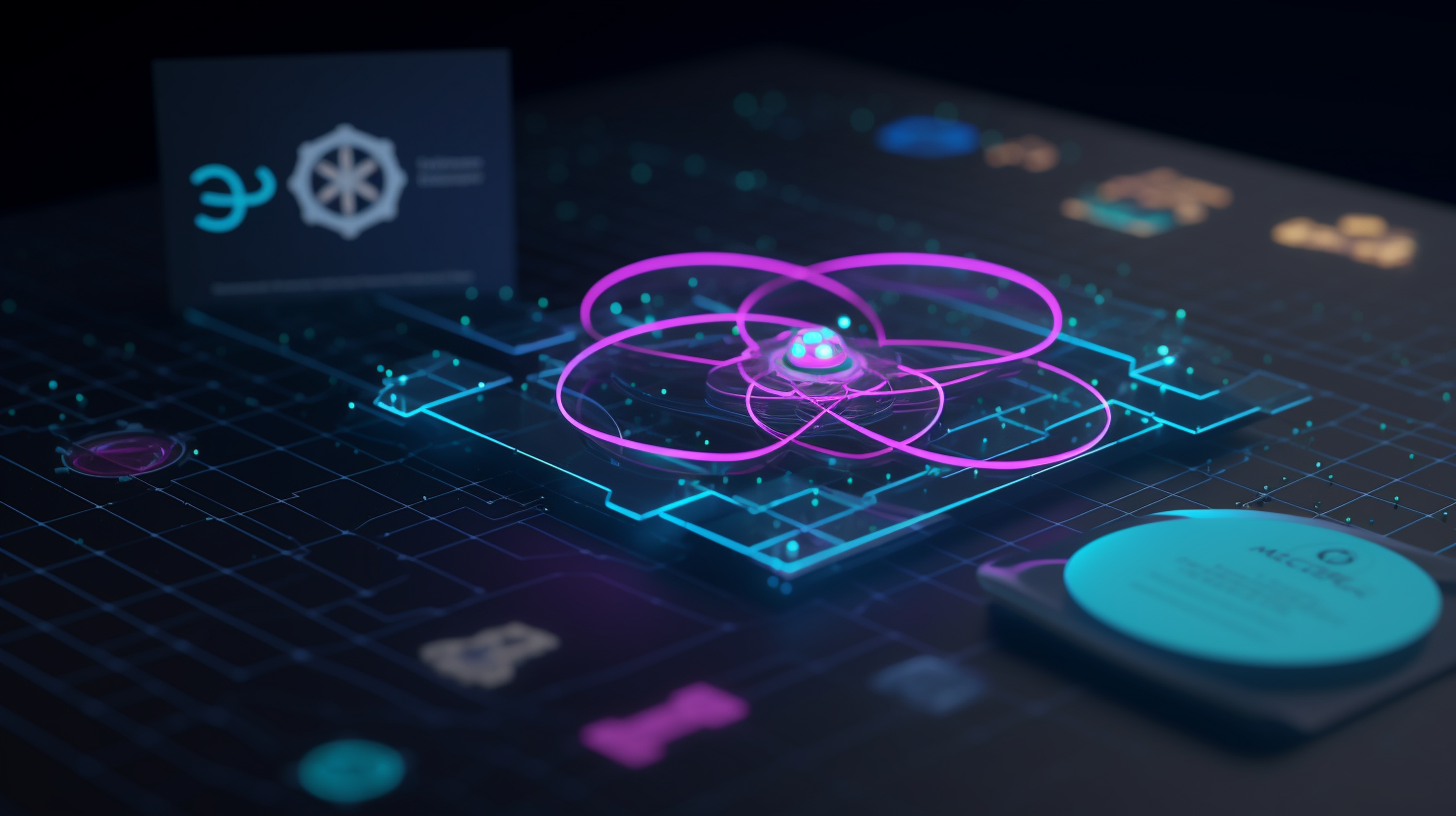
(523)
2 months
, Intermediate

(588)
3 months
, Beginner
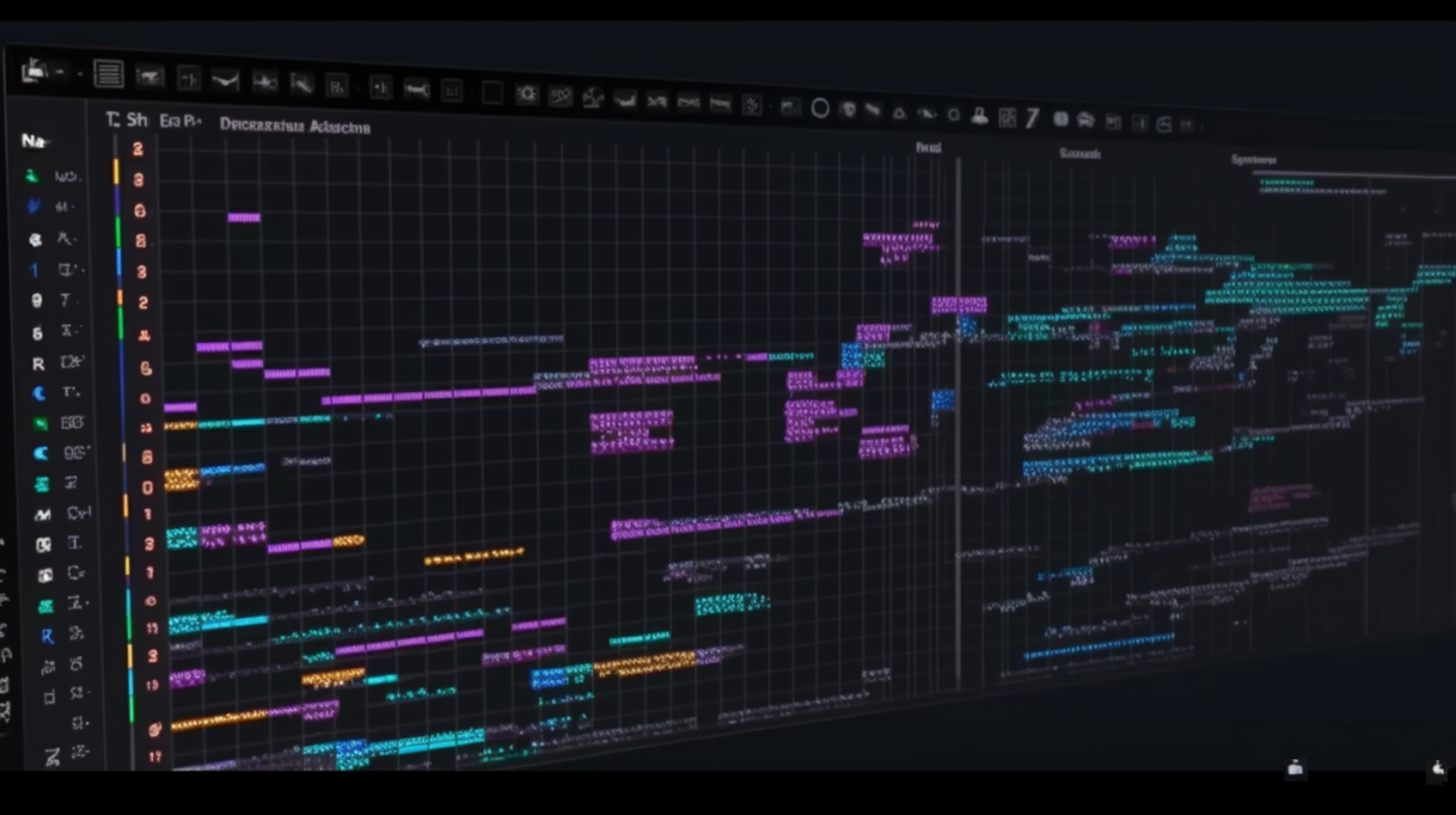
(729)
3 months
, Intermediate
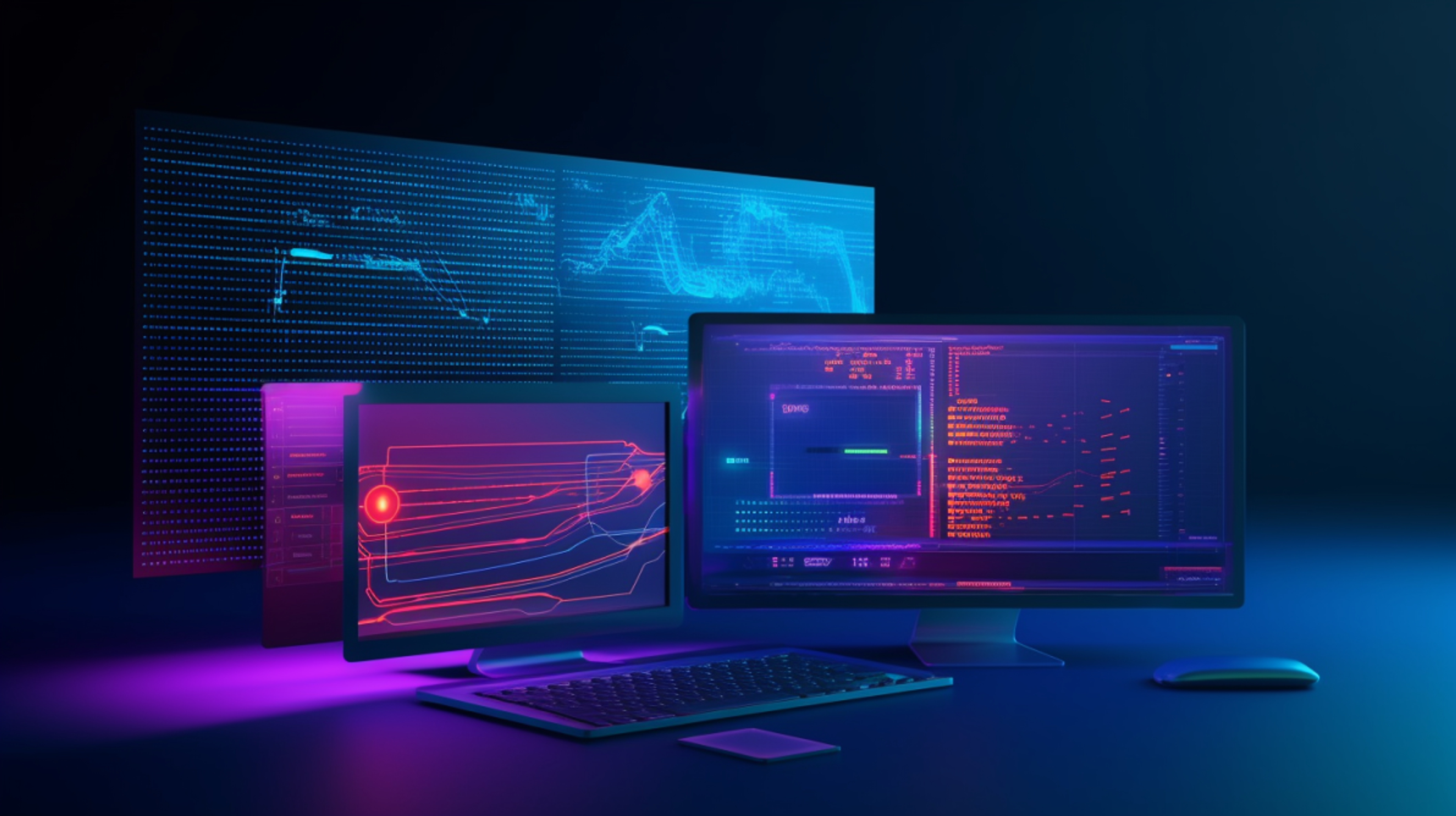
(449)
4 months
, Intermediate
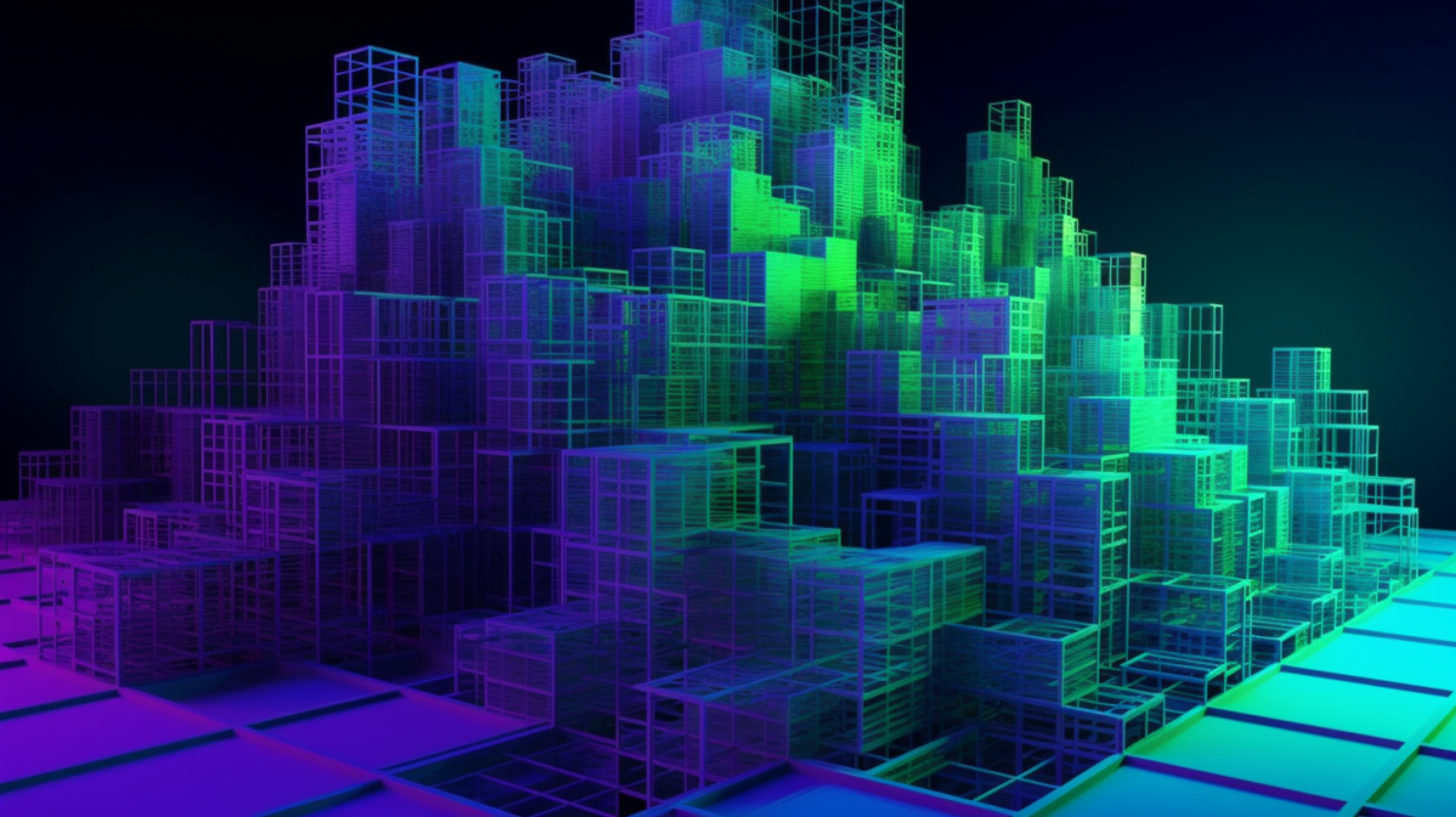
(498)
3 months
, Intermediate
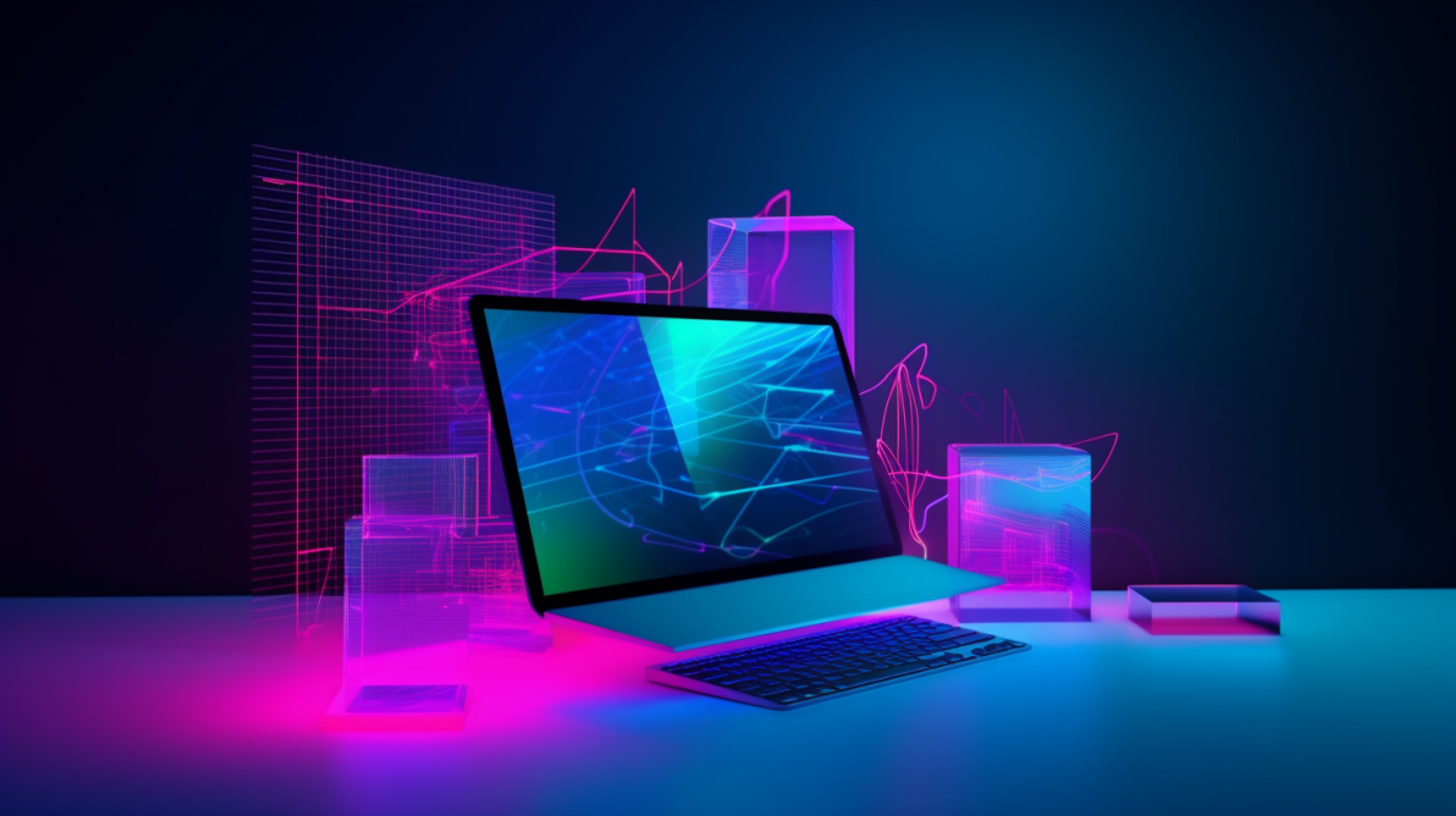
(802)
3 months
, Intermediate

(496)
5 months
, Advanced
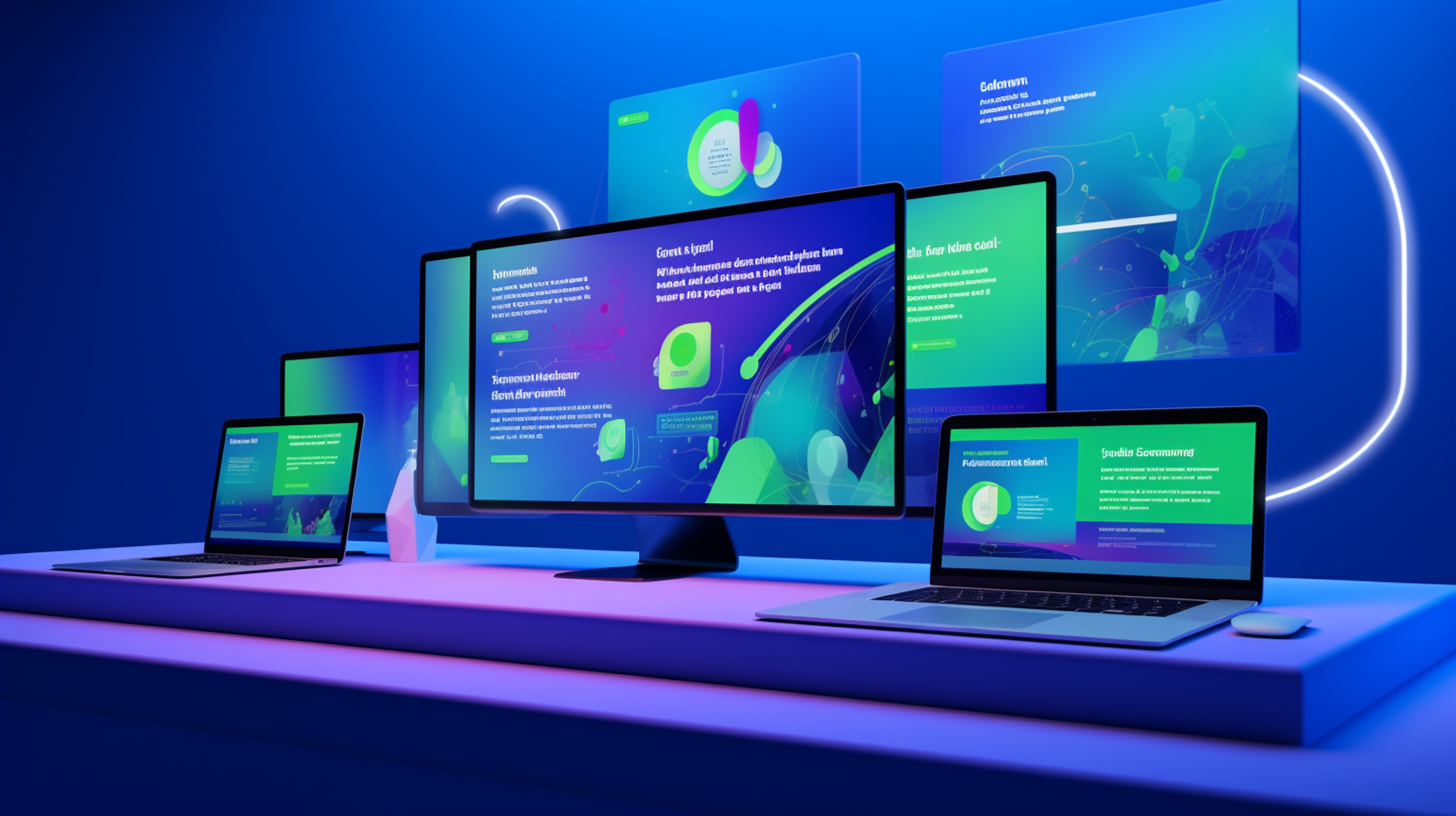
(672)
2 months
, Beginner

(275)
2 months
, Advanced

(401)
3 months
, Advanced
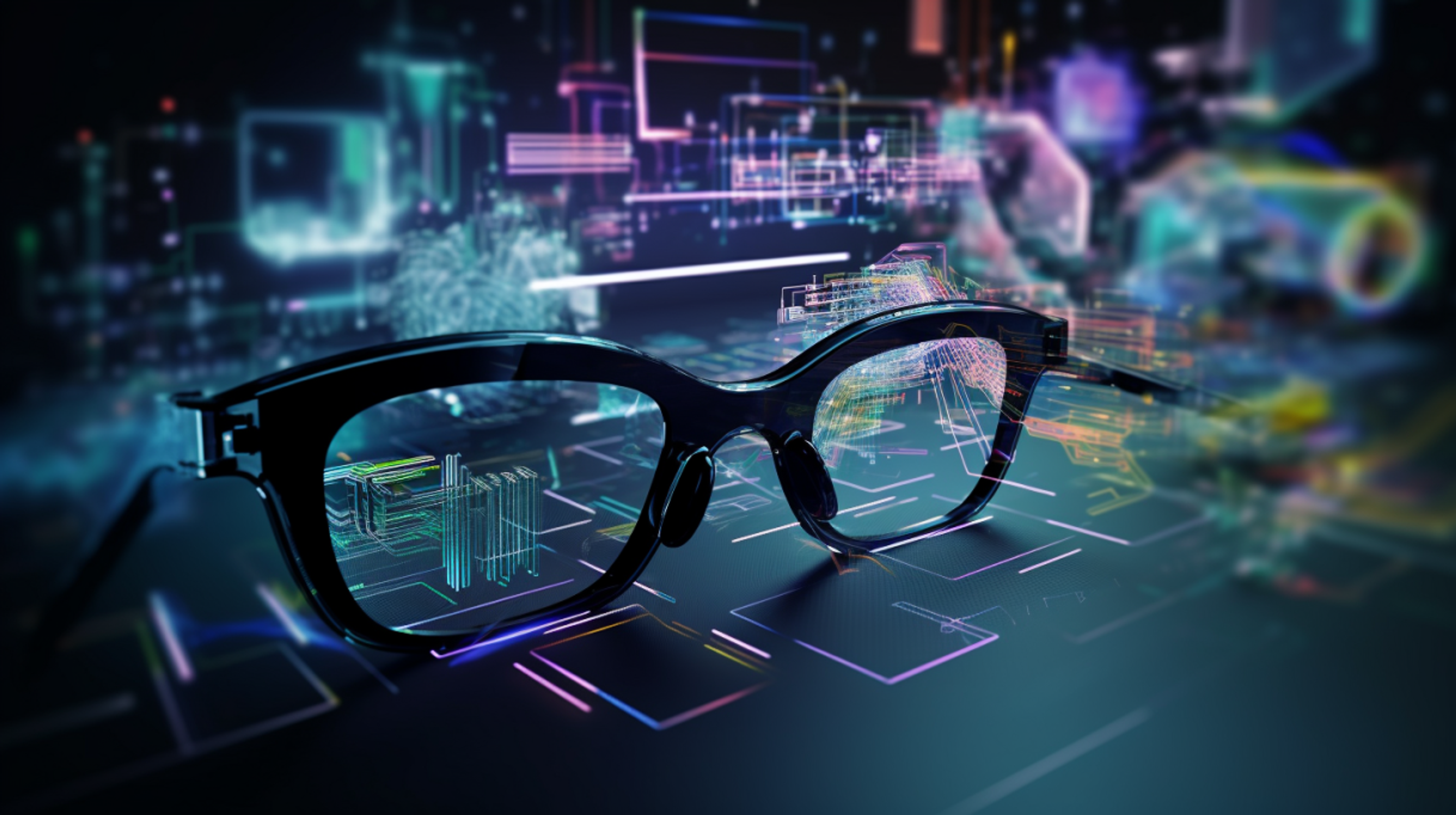
(450)
3 months
, Advanced
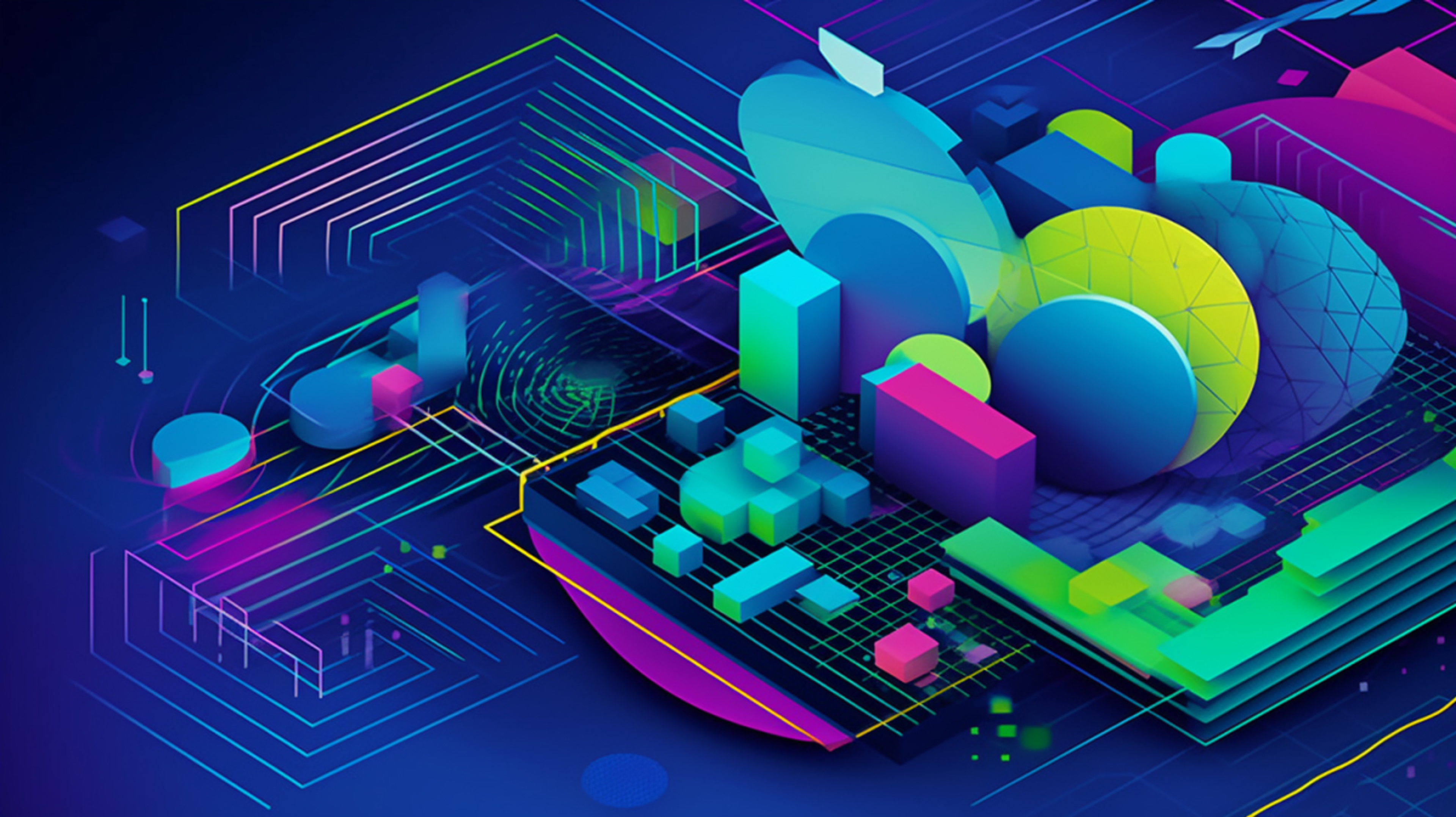
(416)
4 months
, Intermediate
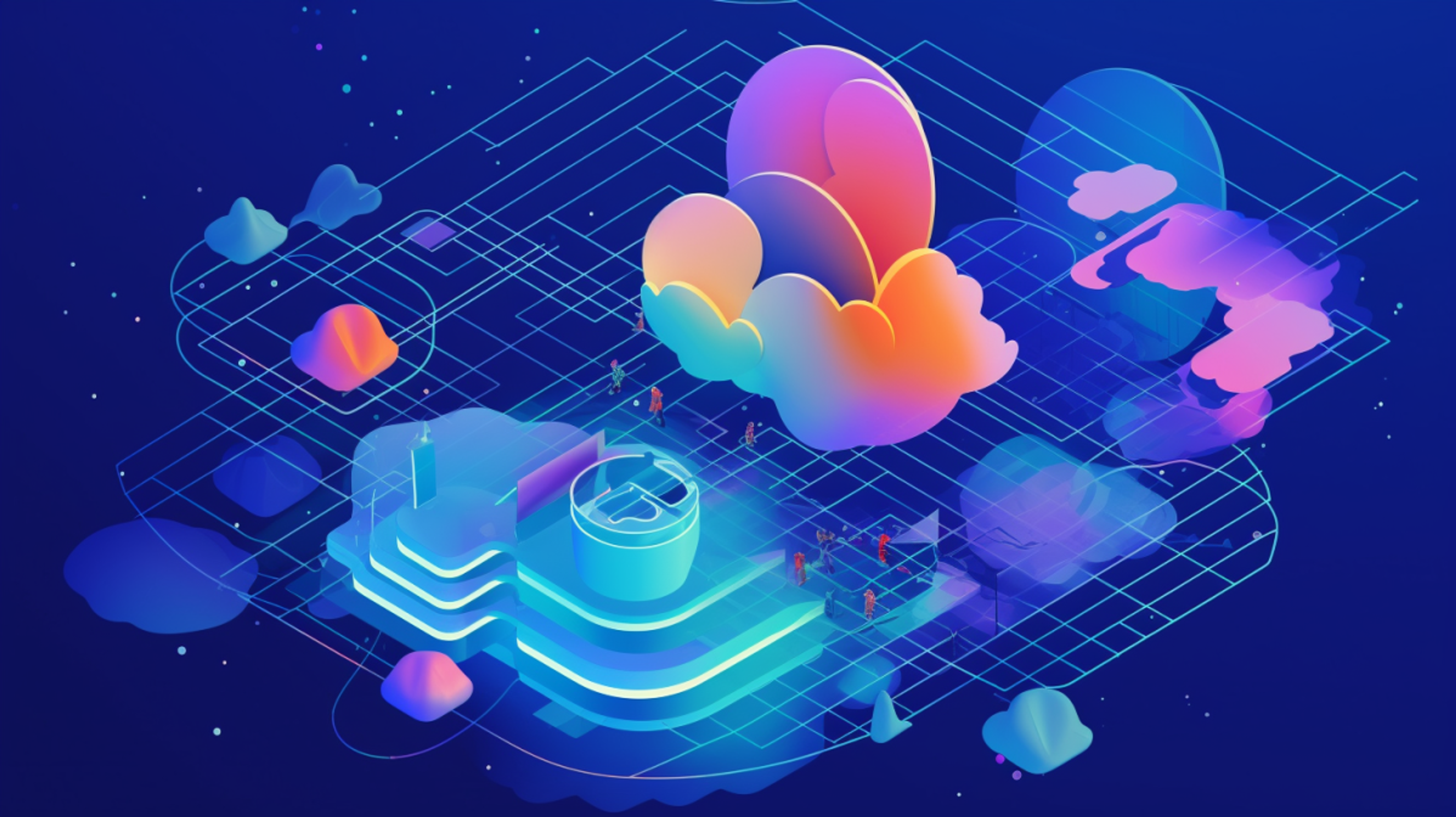
(398)
3 months
, Intermediate

(363)
3 months
, Intermediate